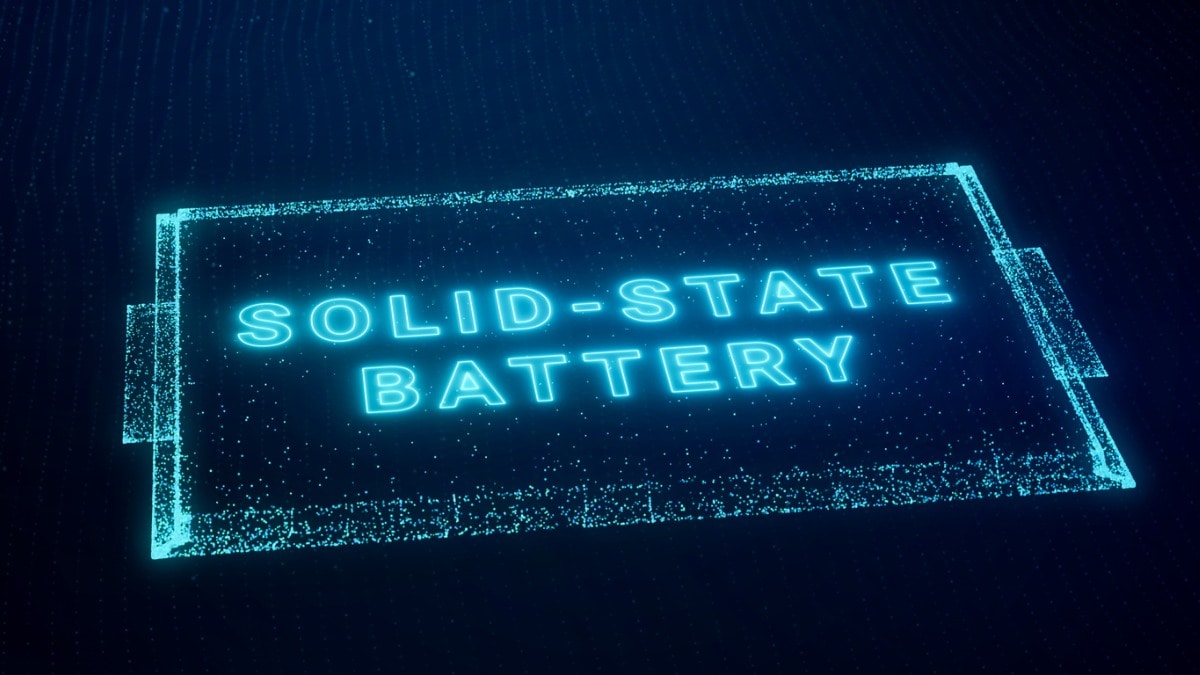When people talk about the future of electric vehicles (EVs), the buzzword that keeps coming up is “solid-state batteries.” And while it sounds like something out of a sci-fi movie, this technology is very real and making strides every day.
The question on everyone’s mind is: “How close are we to seeing these batteries in our cars, and what will that mean for us as everyday drivers?”
Here’s where things stand.
Are We There Yet?
Many of the world’s leading carmakers are racing to bring solid-state batteries to market, but we’re still a few years away. While everyone from engineers to investors is working hard to make it happen, the consensus is that we’ll start to see these batteries in EVs around 2030.
Yes, that might sound far off, but we’re really getting close in terms of innovation cycles.
Related: What Is a Solid-State Battery for an Electric Car?
The good news? If the current pace of research and development continues, this 2030 timeline seems realistic. We’re not just talking about concepts on a whiteboard– there’s serious money and muscle behind this push. So, while we’re not quite there yet, it’s no longer just a distant dream.
Why Should We Care?
The biggest draw of solid-state batteries is the massive leap in performance they promise over the traditional lithium-ion batteries that currently power most EVs. Here’s a breakdown of why this matters:
- Longer range: These batteries can store more energy, which means more miles between charges. This is huge for anyone worried about range anxiety.
- Faster charging: How about cutting your charging time? Solid-state batteries could significantly reduce the time you spend plugged in, making EVs even more convenient.
- Improved safety: The solid electrolytes in these batteries are more stable and less prone to catching fire, making them a safer option.
- Longer lifespan: They’re built to last, handling more charge cycles without wearing out as quickly. Fewer replacements, less hassle.
- Lighter weight: Lighter batteries mean more efficient vehicles. Plus, they cause less wear and tear on tires, which helps them last longer — something drivers will appreciate.
Related: Report: Electric Nissan GT-R Will Be First Solid-State Battery Car
The Catch?
No tech is perfect, and solid-state batteries have their challenges. Right now, the big hurdle is cost. These batteries are expensive to make, and scaling up for mass production is a complex task. The processes involved in creating and testing solid electrolytes are far more intricate than what we deal with today.
Then there’s performance validation. Manufacturers need to be sure that these batteries can handle the rigors of everyday driving.
Think about how many times you charge your phone in a year, and now apply that to something you rely on for your daily commute. That kind of durability testing takes time and money.
What Will This Mean for Car Shoppers?
Once solid-state batteries hit the market, they could transform not only EVs but also the broader automotive industry. They’ll likely bring prices down in the long run as manufacturing processes become more refined. As prices drop, EVs will become more affordable for more people, which is a win for everyone.
From an environmental standpoint, solid-state batteries are a greener option. Their longer lifespan and safer materials mean fewer battery replacements and a smaller environmental footprint for each new car. As the market grows and competition heats up, we’ll see even more innovations. This is one of those rare moments where the race to develop better technology truly benefits everyone.
So, while we’re still waiting for solid-state batteries to hit the road, the impact they’ll have on the way we drive — and on the automotive industry as a whole — is undeniable. They represent a huge step forward in making electric vehicles even more appealing, safe, and sustainable for the future. Keep an eye out — because 2030 will be here before we know it.
Stephanie Valdez Streaty is Director of Industry Insights for Cox Automotive, the parent company of Kelley Blue Book. She is responsible for research and analysis, specializing in the transition to electric vehicles.








